The Stories of the 63%: Athlete Mental Health in Real Life.
(3 min read)
It’s occasionally a heavy task to sift through the news updates we receive here at HONE. We strive to stay on top of current events in athlete mental health; afterall, it’s what we do.
We aren’t a faceless corporation. We’re a group of real people who feel passionately about the topic. The stats aren’t numbers to us. We see stories and names.
The stats say that 63% of student athletes indicate they’ve experienced a mental health concern that has impacted their ability to perform. But only 11% seek help.* That number alone says a lot about how under-served the athlete population is when it comes to mental health. But when you dig into the stories of that 63%, that’s where our fire for action ignites.
The University of Regina student newspaper, The Carillon, recently published a piece that highlighted a series of devastating outcomes for Saskatchewan student athletes.
Samwel Uko.
Matthew Baraniuk.
Those are their names. They are not numbers.
The need for action on athlete mental health has been pouring forth at an especially high rate since 2020. Everyone has seen the stories of the elite athletes like Simone Biles, Michael Phelps and Naomi Osaka. But these individuals are so far away from our ordinary, everyday lives that these stories can feel more like Hollywood entertainment than real life. It's easy to feel like this is stuff that happens to THEM; the fancy elite athletes that no one really knows in person. That doesn't happen to us.
Except that the two young men named above prove that it does happen to us. The struggle is real and it is local, no matter where you live.
The next time you see a game of any kind, realize that the stats prove there are people on that field or ice or court that are handling heavy things. It’s happening in our communities, right under our nose but we don’t always know what is going on for our athletes. They’ve been taught resilience and focus, both of which are excellent traits in life, but they can occasionally be used as band aids to suppress bigger issues that would be better off let out than kept in.
Not all of the stories end in ultimate tragedy, such as the two young men named above. Thankfully the swell of support for athlete mental health has resulted in many success stories as well, which is ultimately what we should strive for. We cannot end stress or eliminate pressure felt by our athletes. We can only hand them the tools for managing it and the support to help carry it when it feels like the tools aren’t enough. We don’t need to end struggle; it is a part of the human experience. But we need to end the blindness to the struggle and continue to offer the kind of human connection and encouragement that lifts them out of that place. There’s no more powerful life lesson than overcoming adversity. That’s a gift.
In order to overcome, we need to see the people and the stories of the 63%. Take a look around. Get curious. Learn about the tools available and let’s tackle athlete mental health in real life.
*Kern et al 2017, “Differences in Stigma and Attitudes Toward Counseling Between College Student-Athletes and Nonathletes”
_________________________________
Interested in getting a pulse on the well-being of your team?
We’d be happy to share our platform with you. Contact us for a demo of the technology OR send us a note with your questions.
Curious about how you can start bringing a mental health mindset to your coaching today?
We've created a "Mental Health Checklist" to help you get started.


.png?width=100&name=HA_Arrow(2).png)